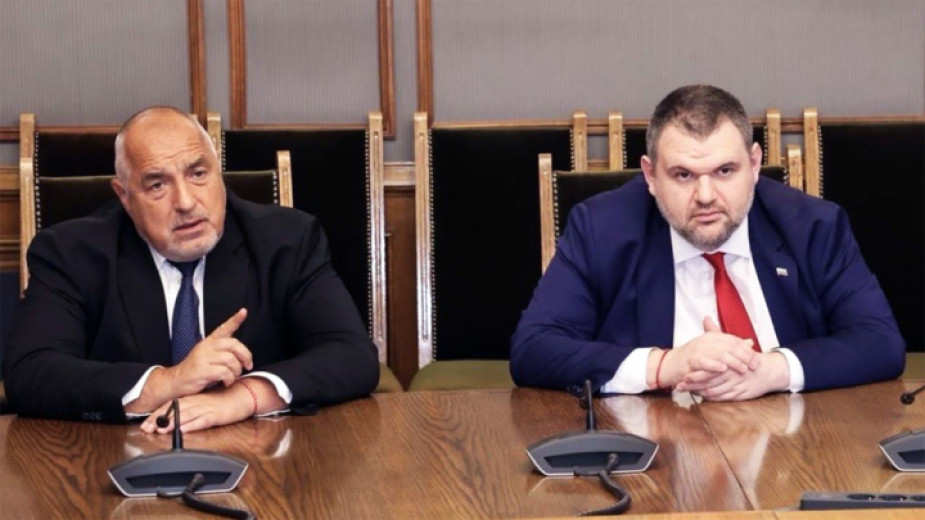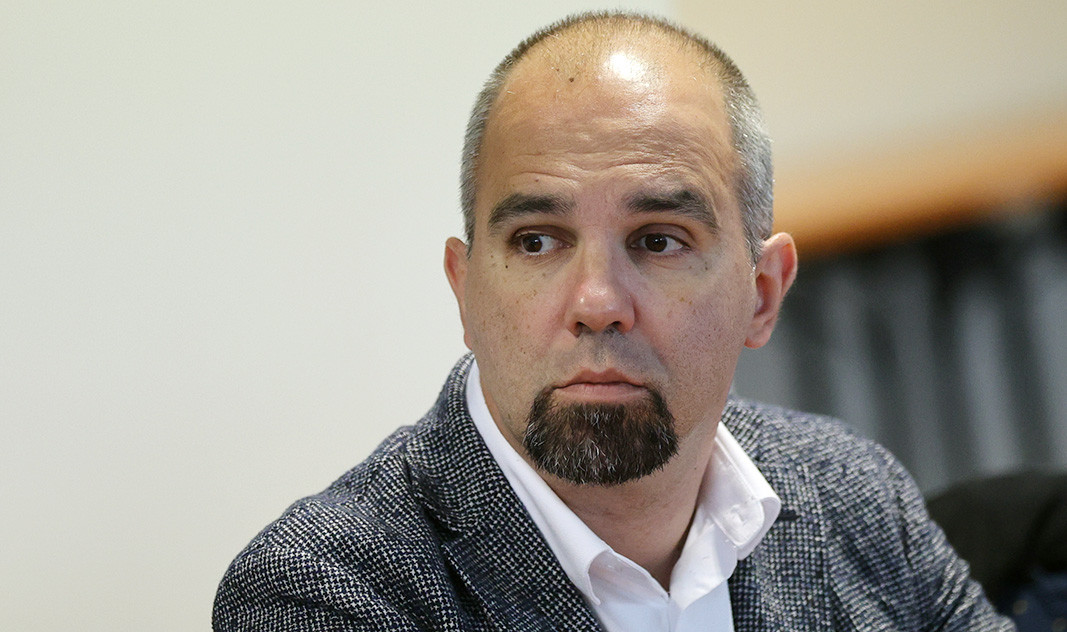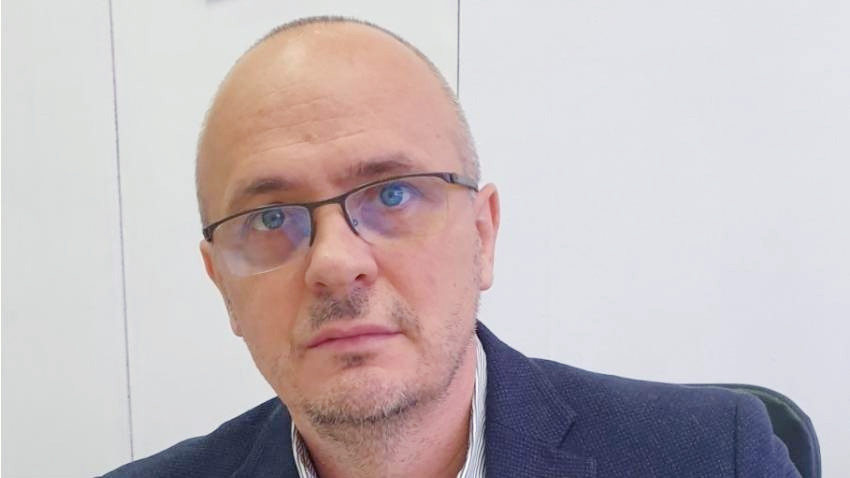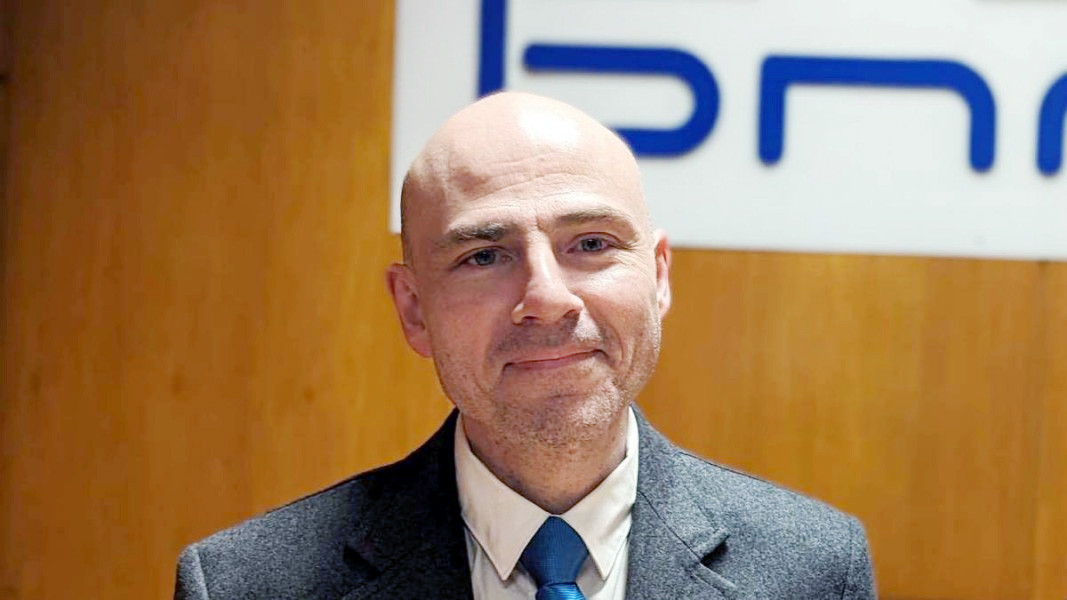
What looks like the landslide victory of GERB/SDS in the election for national parliament does not mean the party will be able to form a government at any cost, in the only form possible – what came to be known as an “assemblage”, as was the case with the previous regular government. Even if the leaders of the winning political force GERB - Boyko Borissov, and of the Movement for Rights and Freedoms, vying for second place - Delyan Peevski, who tend to frequently speak with one voice, do reach agreement on a cabinet together, they will still need the support of a third political player. This means they will most probably have to turn to the smallest political party – There Is Such a People (ITN) for support, even though it has proved it cannot be relied on – at a critical time it brought down the government of Kiril Petkov.
Not to mention the strained relations between GERB/SDS and We Continue the Change/Democratic Bulgaria (PP/DB) until recently “non-partners” in the cabinet, and the fact that GERB’s leader Boyko Borissov stated he would take the mandate for the formation of a cabinet himself, all of which are putting an even bigger distance between the two coalitions and making the prospect of “assemblage” 2.0 between the two highly unlikely. That is why the pre-election dilemma - government or new elections – remains hovering over the new configuration of the parliament of Bulgaria.
With the extremely low voter turnout (around 32%), the voting for small parties, the “None of the above” option (almost 5% of the votes), and the shock entry into the National Assembly of the new party Velichie (meaning grandeur, glory) with leader Nikolay Markov, fformerly from the National Service for Protection, known as colonel Markov, what citizens did was to show the current political class an orange card, to use football jargon, comments Gallup International Balkan CEO Parvan Simeonov for the BNR.
The double-digit margin GERB/SDS has does not mean the voters have all of a sudden grown fond of this coalition, he says, what it does mean is that they are opening up a niche for the next major player offering change, and that could be President Rumen Radev. Boyko Borissov’s party would be making a mistake if they were to bank on a purely political government. The most logical combination would be between GERB, the Movement for Rights and Freedoms and There Is Such a People, Parvan Simeonov says. 
“It mustn’t be very political, it should be a government with a “working” profile,” Parvan Simeonov says further. “If GERB and the Movement for Rights and Freedoms form an entirely political government, even if the role of the Movement is a bit covert, the protest attitudes in Bulgaria will grow. What they should do is form some version of a caretaker cabinet, but this time with a clear programme, and without these rotations and experiments.”
Political analyst Georgi Kiryakov agrees that if it comes to forming a government, it would most probably be between GERB/SDS, the Movement for Rights and Freedoms and There Is Such a People. However, he rejects the idea of an expert cabinet and recommends “normal negotiations for a coalition government”, so there is no diffusion of responsibility. There is scant likelihood of any agreement between GERB and We Continue the Change/Democratic Bulgaria (PP/DB) after everything they have been saying about each another. PP/DB’s poor performance at the election is due to the negative campaign against them, with all of the scandal-mongering and the audios leaked by their political opponents. 
“The second reason is the poorly managed campaign, as well as the poorly constructed messages, mostly on social media and the poor communication with their own electorate,” Georgi Kiryakov adds. “This is the latest in the series of campaigns in which PP/DB, and the whole range of former authentic right-wing parties, waited for the voters to come to them. But the logics of electioneering is for you to go to the voters and that is what politicians in Bulgaria should be doing – going to town and village squares, and all kinds of other places.”
Political analyst Petar Cholakov does not agree there was no political campaigning in the run-up to the elections:
“Actually, there was a campaign, there were blows below the belt, there was mud-slinging, so there was a major battle who will grab the cake which should not be underestimated. What is very evident in Bulgaria is that people in the country are absolutely fed up, and they take no notice of politicians. That is a problem and, obviously, there is a demand for new faces and new players.”
The surprise in these elections – Velichie party – due to its undefined profile has been compared to a more moderate Vazrazhdane, but also to a more radical PP/DB. Parvan Simeonov says both are true:
“In recent months when I have been travelling in the country, wherever I have been there was always someone to ask me how colonel Markov was doing,” he goes on to say. “And that expression – about colonel Markov – developed into something of an in-house joke. But it has turned out it is no joke, because these people have been operating for quite some time, and if it wasn’t for these elections, if the elections were next autumn, for example, they could have gradually grown.”
Parvan Simeonov does not have an answer to the question how far the new political “star” could get and whether they would stand in the way of the other nationalist party Vazrazhdane, because, he says, last night’s elections had not “acted normally”. He described them as an anomaly in which all numbers were down, and explained this phenomenon with voting fatigue and with a form of protest against the mainstream narrative.
Interviews by Petar Stamatov and Silvia Velikova, Horizont channel, BNR
Text by Diana Tsankova
Translated and posted by Milena Daynova
Photos: BTA, BGNES, BNR, archive
The first sitting of the newly elected National Assembly has ended. As in the last three Bulgarian parliaments, the election of a speaker proved to be a serious challenge, as neither of the two candidates - Raya Nazarian of GERB-SDS and Andrei Tsekov of..
The residents of the Bulgarian-populated region of Taraclia and the Gagauz Autonomous Area in the Republic of Moldova voted over 90% "no" in the October 20, 2024, referendum, where Moldovan citizens were asked if they approved Constitutional amendments..
GERB will try to find a path to a majority for forming a government through the formulation of common goals, the party's Deputy Chairman Daniel Mitov said in an interview with BNR. According to MP Daniel Mitov, the attempts to create a cordon sanitaire..
Nearly a month after the 27 October early parliamentary elections, the 51st National Assembly is still not able to begin its work because MPs are unable..

+359 2 9336 661
